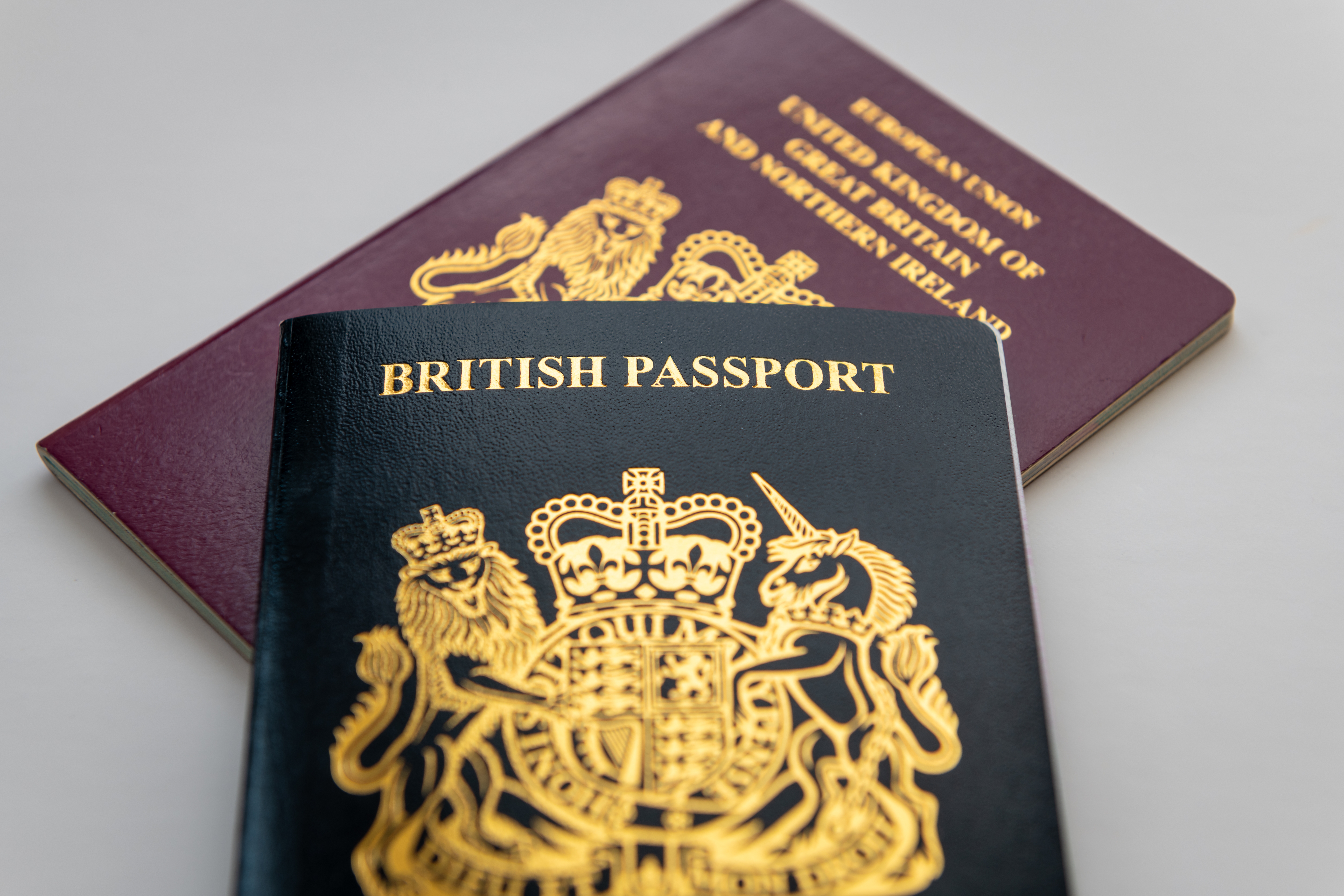Citizenship-stripping powers introduced since 2002 have enshrined a “second-class citizenship” in the UK, mainly affecting British Muslims, says a new report from the Institute of Race Relations.
Written in the wake of the Nationality and Borders Act, Citizenship: from right to privilege shows how outrage against the controversial Section 10 of the Act, which allows citizenship to be removed without notice, heightened public awareness of the powers, and provoked a groundswell of opposition amongst campaigners, MPs and Lords.
The report explains how both Labour and Conservative governments have given ministers successively wider powers to remove citizenship from those with access to another citizenship – who are mainly ethnic minorities – and how the targets are almost exclusively British Muslims of south Asian heritage.
The power to remove citizenship increased heavily following its use against Muslim preacher Abu Hamza in 2003. Before this, no removal of citizenship had been authorised for 30 years, but since then there have been at least 217 removals of citizenship, with 104 removals in 2017 following the collapse of ISIS in Syria.
The Home Office is not required to show objectively reasonable grounds to remove a person’s citizenship, nor does the person need to have been convicted of any offence, with many deprived despite having no criminal convictions.

The government claims that only those whose actions pose grave threats to national security, or who have committed abhorrent crimes, will lose their citizenship.
But the report’s author, IRR vice-chair Frances Webber believes the powers affect far more people, effectively creating a second-class of largely minority ethnic Britons whose citizenship is disposable and contingent.
Subscribe to our newsletter and stay updated on the latest news and updates from around the Muslim world!
She said: “Changes to citizenship law which have created these classes of citizenship were brought in to target British Muslims of south Asian and Middle Eastern heritage. Such divisions act as a constant reminder to minority ethnic citizens that they must watch their step, and reinforce racist messages about ‘undeserving’ racialised groups unworthy of being British.”
The report argues that the ambiguous, undefined criteria for deprivation increases the likelihood of arbitrary and discriminatory decisions, and warns of the risk of abuse of the powers for political purposes.
This warning comes after the disclosure that Shamima Begum, whose citizenship was removed by then Home Secretary Sajid Javid in 2018, had been trafficked into Syria by a spy working for Canada.
“The recent revelation of how Begum was trafficked, and the collusion of the British authorities in the cover-up, suggests that risk is a reality,” said Webber. “It raises the question: was Begum’s citizenship removed to divert attention from Western agencies’ prioritisation of intelligence gathering over safeguarding vulnerable trafficked girls?”
Webber added that the legislation is also a threat to racialised communities’ right to dissent or criticise the government, with Muslims turned into a “suspect community.” She said the increased use of the powers, alongside other provisions affecting Muslim communities, including the controversial Prevent duty, has coincided with the government’s shift away from racial and religious equality protections, which new prime minister Liz Truss has described as “favouritism.”
“The ‘deportation logic’ on which the deprivation powers are based – get rid of them, regardless of family ties, or how long they have lived here – is the logic that deprived the Windrush generation of their livelihoods, their homes, in some cases their freedom and their country,” Webber said.




















